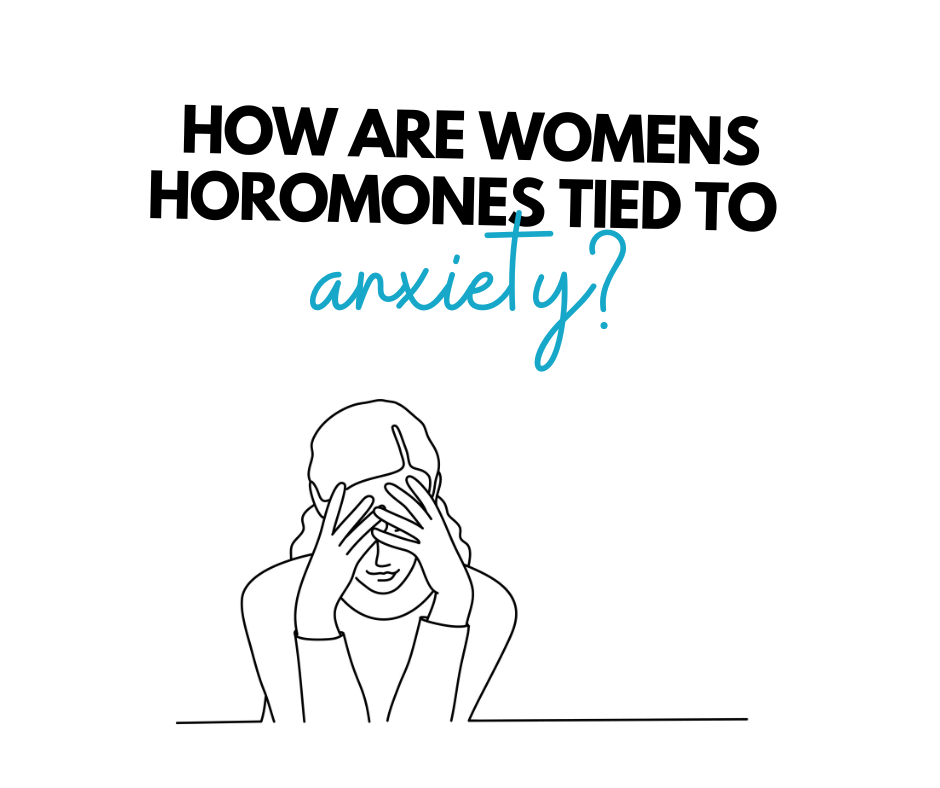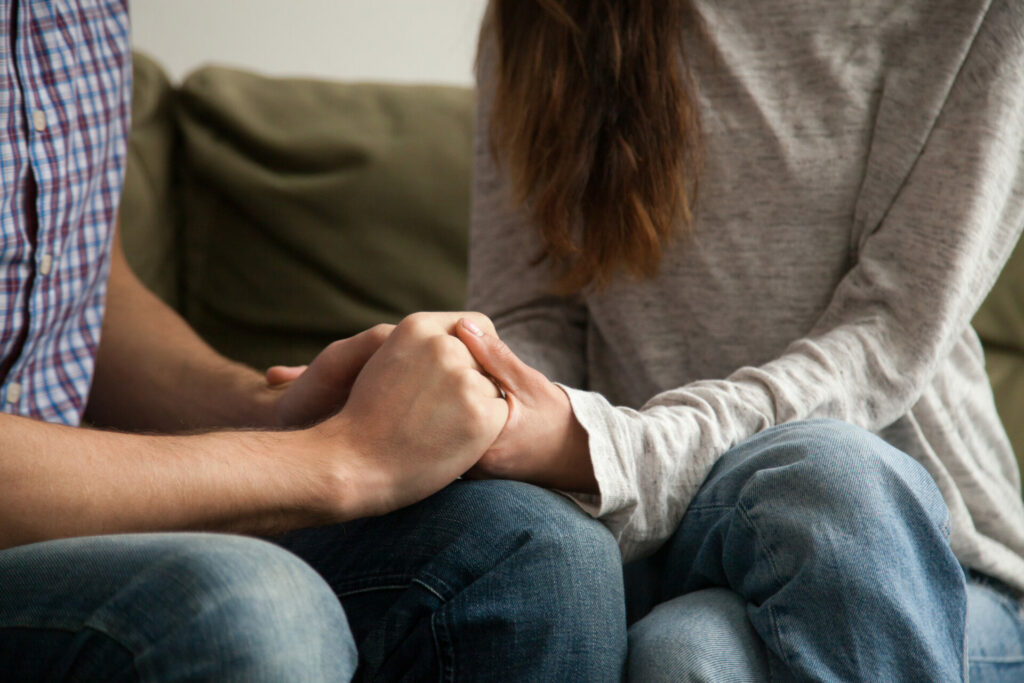Anxiety is much more than the occasional bout with worry or shyness. It is a diagnosable mental health disorder. In fact, it’s the most common such condition in the world — especially for women. Roughly 33 percent of women will struggle with an anxiety disorder in their lifetime. As you might imagine, there are many reasons for this reality. As you may not have imagined, a woman’s hormones are tied to anxiety.
We know how premenstrual syndrome (PMS) or menopause can create temporary hormonal and mood changes. But long-term hormone imbalances can set the stage for anxiety to become a more chronic issue.
Which Hormones Are We Talking About?
There’s a cycle of sorts happening here. Hormones like estrogen, oxytocin, progesterone, and testosterone are regularly doing their thing in a woman’s body. Then along comes stress. Whether that stress is real or imagined, major or minor, the body will prepare itself to survive. Part of this fight-or-flight response involves the release of stress hormones like cortisol and adrenaline. Here’s some of what happens:
Stress hormones induce anxiety in the name of preparing you. Even if the danger isn’t real, the stress hormones do what they’re created to do. The presence of cortisol in particular can cause your body to produce less testosterone. Since one of testosterone’s jobs is to control cortisol levels, the decrease in testosterone leads to even more cortisol and more anxiety. And we haven’t yet discussed how estrogen plays into this cycle.
Estrogen and Anxiety
When a healthy woman undergoes the fear response, estrogen plays a powerful role in calming her. This is because it plays a role in regulating endorphins and serotonin — chemicals that support better moods. But once again, when chronic anxiety produces chronic cortisol, estrogen gets overwhelmed. That’s when a woman experiences a double whammy. The cortisol is doing what it does, e.g. elevating anxiety in case you’re at risk. But the higher levels of cortisol block estrogen from calming this response. A woman can then get “stuck” in a state of ongoing, free-floating anxiety.
Oxytocin to the Rescue
They call oxytocin the “feel-good” hormone. It does an excellent job lifting your spirits. A reduction of cortisol is part of how this is accomplished. Hence, it makes sense to maximize behaviors that increase oxytocin production.
Some general suggestions include basic self-care like:
- Regular exercise
- Reliable sleep routines
- Healthy eating choices
- Consume less caffeine and alcohol
- Practice stress management, e.g. meditation, breathing exercises, etc.
More specifically, oxytocin is released when you:
- Hug or cuddle with a loved one
- Perform acts of kindness and generosity
- Pet your cat or dog (or whatever animal companion you have)
- Give or get a massage
- Listen to music you like
- Play a musical instrument and create your own music
- Have meaningful conversations
- Cook a nutritious, delicious meal
- Perform mindful movements like yoga or Tai Chi
No Matter What, Ask For Help
Anxiety is a stand-alone mental health condition. Female hormones require monitoring and check-ups. When hormones contribute to anxiety, you really should get some expert opinions. Speak to your primary care physician and gynecologist. At the same time, make contact with a therapist to learn more about managing the anxiety part
Hormonal shifts or not, anxiety is a common disorder that can throw your daily life into disarray. While you take measures to manage your hormones, you must address the anxiety you feel. I’ve worked with countless clients and helped them better understand what’s happening and what needs to be done. You will identify triggers, learn coping skills, and reclaim balance in your life.
If any of the above information resonated with you, contact me to explore how therapy can help you.




